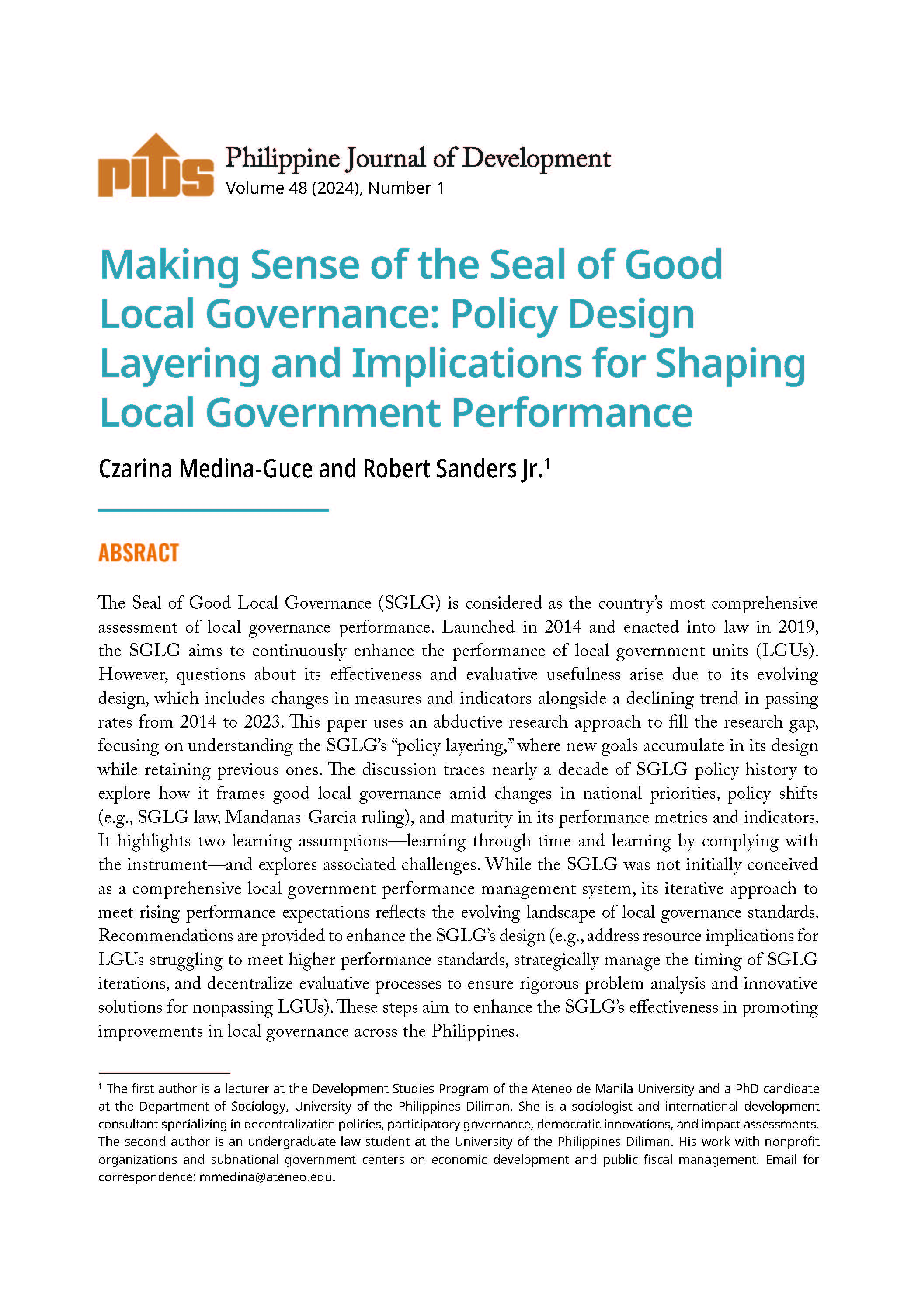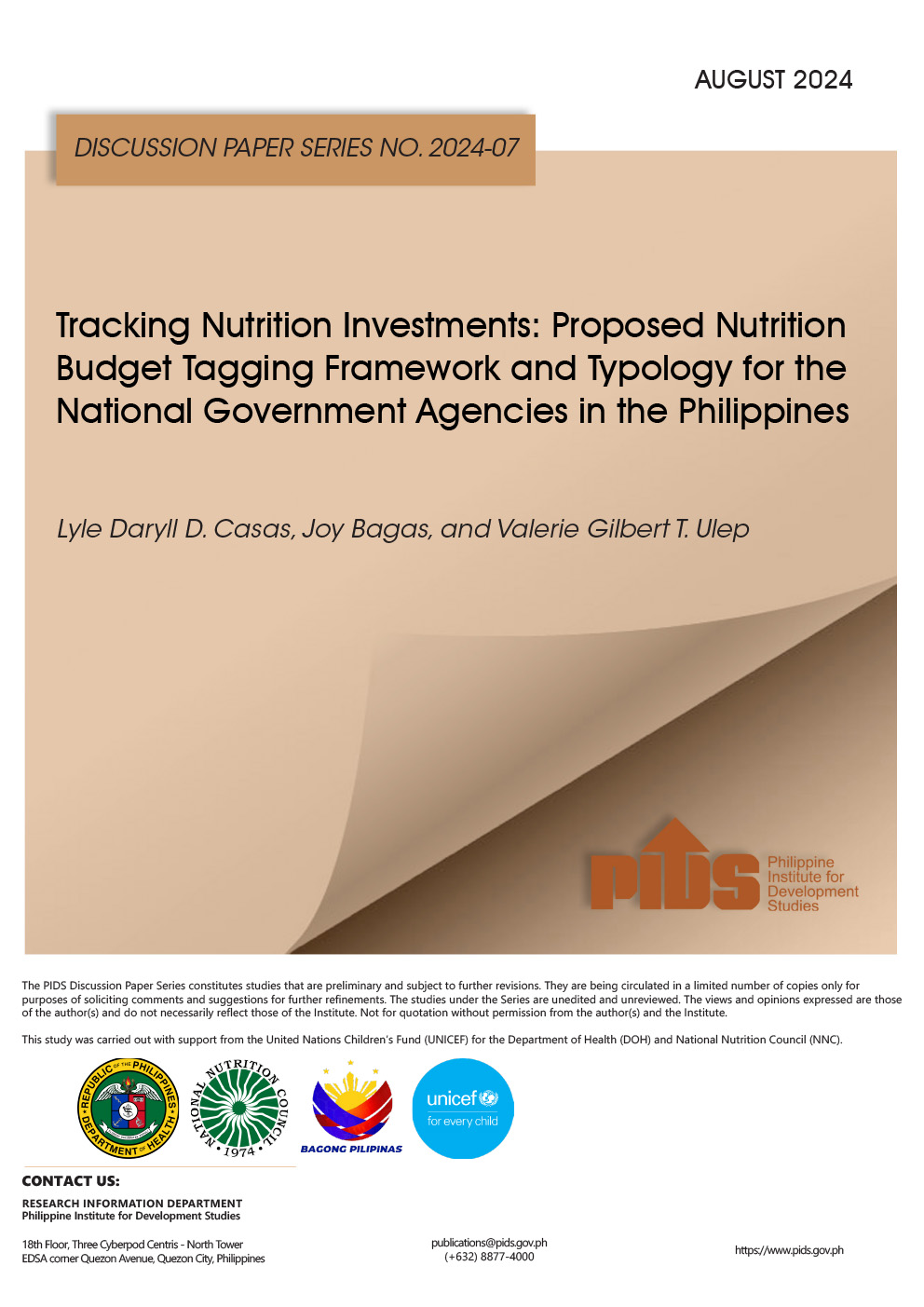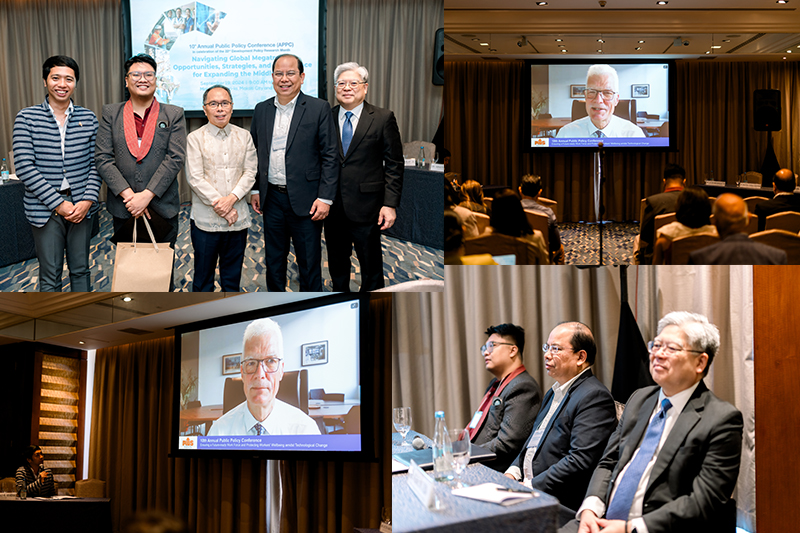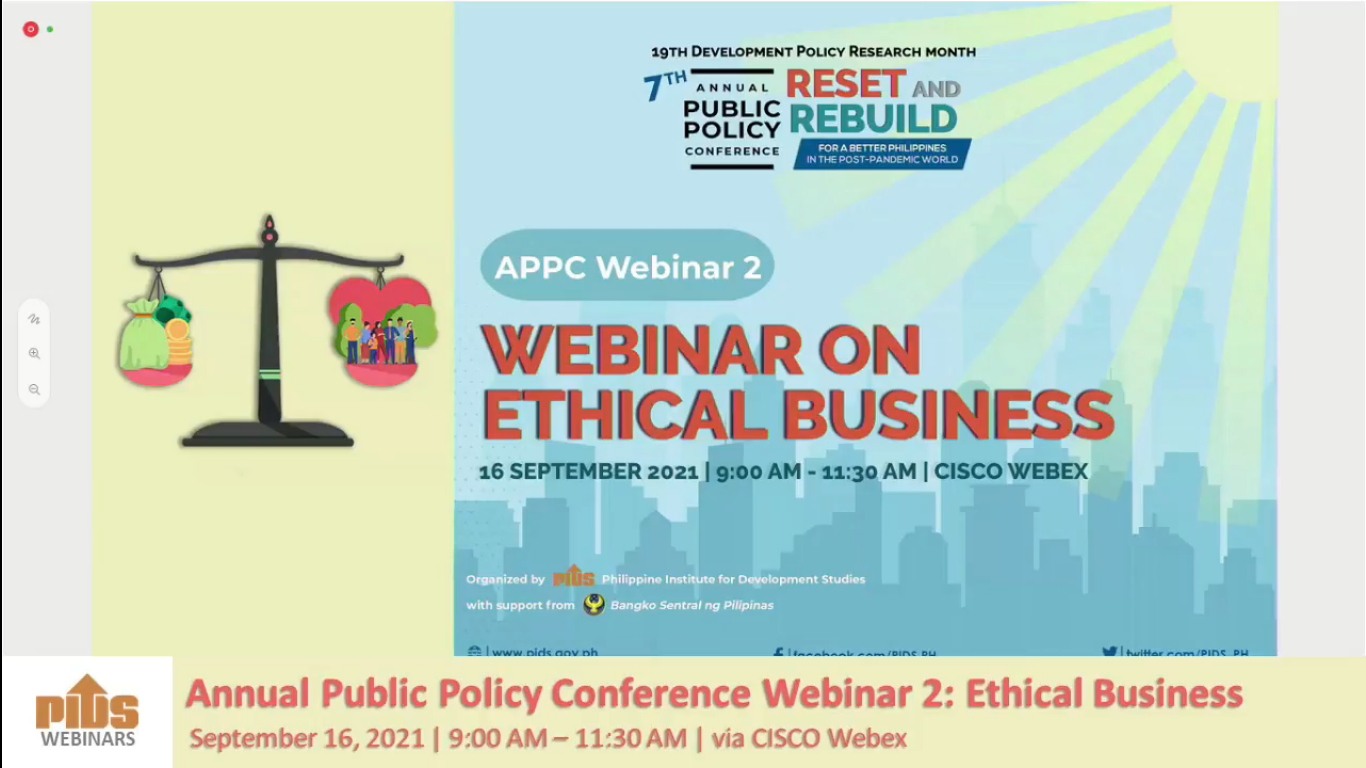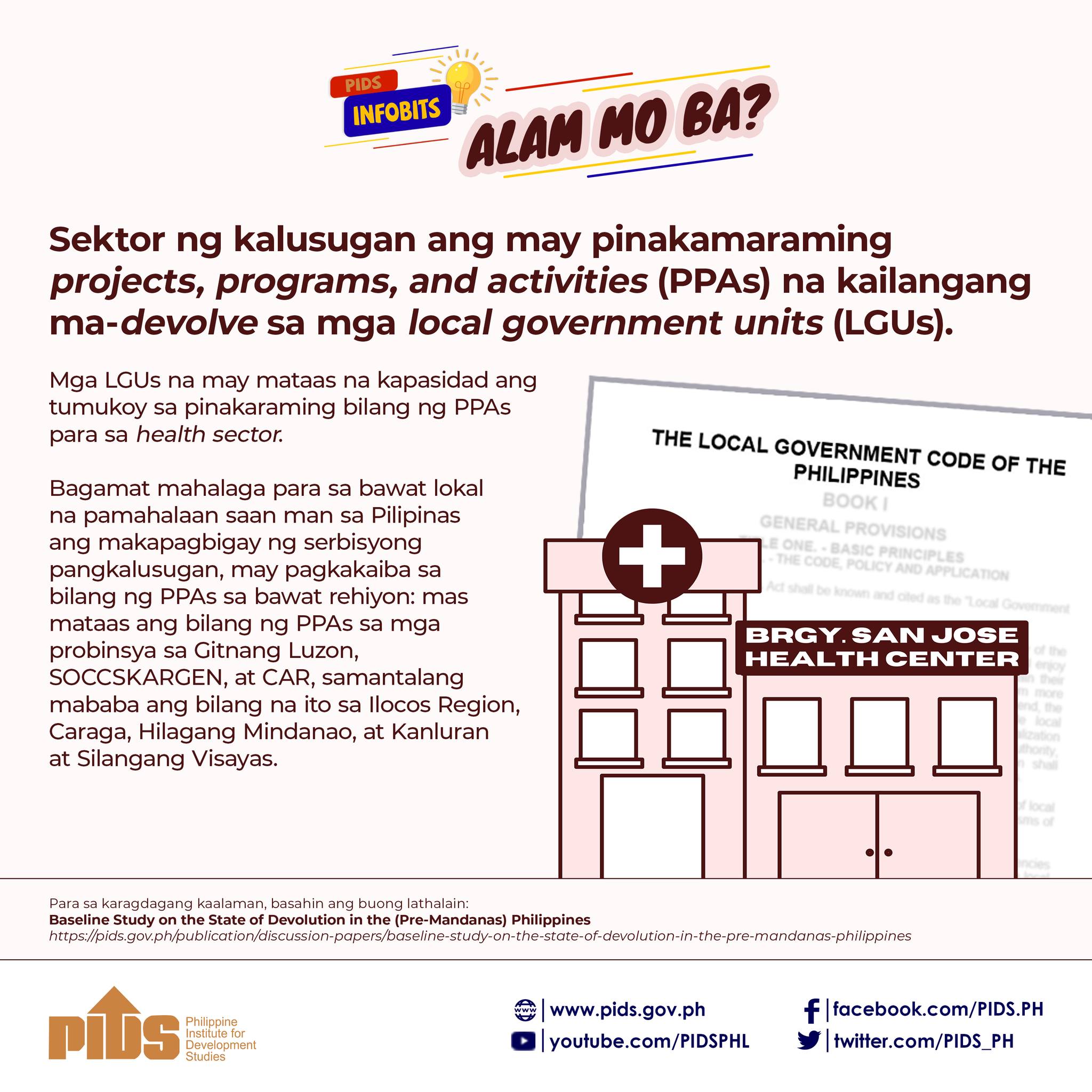THE National Food Authority (NFA) should really seriously review its rice-subsidy program, specifically on its procurement of the grain staple, a rice economist said on Tuesday.
"The NFA should get out of the rice business and allow free trade in rice,” Roehlano M. Briones, a senior research fellow at the Philippine Institute for Development Studies (PIDS), said.
In response to questions sent to him via electronic mail last week, Briones added: "The only reason palay costs that much is because of lack of competition from imports.”
Briones issued his statement after Secretary Francis Pangilinan announced that the NFA is currently reviewing its rice-subsidy program, an initiative that the presidential adviser on food security said has mired the grains regulator in a huge debt.
According to Pangilinan, "despite efforts to bring down the NFA’s debt in the past, it has remained substantial at P160 billion mainly because of the agency’s procurement of domestically produced rice to support farmers while selling it below market price to protect consumers from rice-price fluctuation.”
Referring to the sustained accruing of debt, Pangilinan said "the policy has to be reviewed.”
The grains agency buys palay from farmers at P17.50 a kilo. The NFA must sell this at P34 just to break-even, after the milling, transport, warehousing and other costs have been added.
Briones said that "assuming the NFA is in the rice business, [it] should do a better job of cost recovery by raising levels closer to the market price.”
He explained that the P34 benchmark might be a good idea, but "certainly still lower than going market prices.” The NFA currently sells regularly milled rice at P27 to poor consumers but accumulating losses in the process. "But my full recommendation is that the NFA should get out of the rice business.”
In May, Briones co-authored a policy study commissioned by the PIDS explaining the sharp drop in imports of rice last year, as a more logical and evidence-based explanation for the rice-price increase in 2013.
The policy paper blamed "the inadequacy of supply starting in mid-2013 due to the reduction in imports as the main cause of the rice-price spike.”
The retail price of rice sharply increased to P36.28 in December from P32.37 in June last year, or a 12-percent increase in just six months, according to Briones.
The study also asserts that traders’ influence in the market price of rice is "negligible” citing a 2014 rapid appraisal conducted by another researcher.
That separate study concludes that "strong competition prevails at all levels of the rice supply chain, and farmers can freely choose their buyer among a number of buying stations and agents present in their community.”
Rice imports dropped by 638,000 tons in 2013 due to the Department of Agriculture’s Food Staples Sufficiency Program (FSSP) the study noted.
The FSSP aimed for 100-percent rice self-sufficiency in 2013 by raising domestic production and curbing imports.
However, according to the government think tank’s research, domestic production last year was not enough to reduce imports.
It added that even with the palay production record high of 18.44 million tons in 2013, up from 18.03 million tons, the increase of 439,000 tons was insufficient to counter the effects of the reduction in rice imports.
"The country failed to take advantage of cheap rice available in the world market because of import reduction, [which] led to a shortage of the rice supply, which raised the market price of rice,” the research said, citing as example the domestic price of rice at P33.55 per kilogram in November last year.
That figure is 28 percent higher than the world price of P18.63 per kilo.
But Pangilinan’s tack on reviewing the rice-subsidy program didn’t sit well with some activists.
In a text message, Rice Watch and Action Network (R1) convenor Aurora Regalado said that the removal, or even reduction of palay procurement, "would be a great disservice to farmers as it would effectively remove their only protection from unscrupulous traders.”//
Government economist tells NFA: Get out of the rice business

